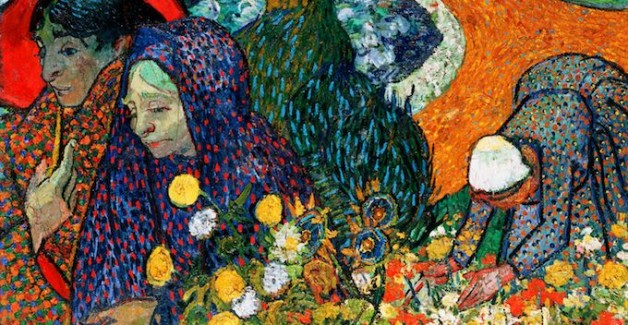“I don’t know.” Why is this so hard to say? Rather than admit ignorance I am willing to say almost anything. Am I alone in feeling unable to admit a lack of knowledge? My experience indicates I am not unique; it appears that saying “I don’t know” is difficult for most people.
Why? Speaking from an intellectual and academic context, I think it has something to do with the words of Francis Bacon: “Knowledge and human power come to the same thing,” or as it is more commonly phrased: “Knowledge is power.” No one likes being perceived as weak, and in our modern age ignorance is definitely a weakness. Knowledge is the key to domination on this interpretation: knowledge of nature allows one to control its forces (modern technology) and knowledge of psychology allows one to manipulate people (modern advertising and politics). The more one knows the more one can control; the less one knows the more one is controlled. It appears that Bacon was correct: we need to gather more and more knowledge and never admit our ignorance if we want to be in control. But is this what Bacon really meant? And, more importantly, is this how God wants us to relate to knowledge? I think in both cases the answer is no.
Francis Bacon wrote that “knowledge and human power come to the same thing” in his Novum Organon, a treatise specifically aimed at founding a new method of scientific discourse. But nothing could be further from his mind than the current “scientism” we find today, the goal of which is to gain knowledge and mastery of everything. Bacon explicitly attacks this kind of human omnipotence in the rest of the treatise, denouncing all systems, or “Idols of the Theatre” as he calls them, that stray from the particular accounts we find through experience.
Even though he is said to be the father of modern science, Bacon’s home is not in the laboratory with a graduated cylinder but in the garden with a trowel. His essay “Of Gardens” begins: “God Almighty first planted a garden. And indeed it is the purest of human pleasures.” In Bacon’s account of the Fall it is the desire for “excess knowledge” which led to the misery of man: “The desire of power in excess, caused the angels to fall; the desire of knowledge in excess, caused man to fall.” Voltaire’s conclusion to Candide could just as well be Bacon’s: “Let us cultivate our garden.” Human knowledge needs to admit its limitations in matters beyond its competence; focus on particulars and mind your own small plot of intellectual ground. Bacon seems to me a person who would not have trouble saying “I don’t know.”
This also appears to be one of the messages (albeit implicit) in the Genesis account: man should be willing to admit his ignorance of many things. In the garden Adam named all the plants and animals, yet he was forbidden to eat from the tree of the knowledge of good and evil. In fact the first scientists and the first civilization came not from the good line of Abel or Seth but from the line of Cain, the evil line. After Cain was sent east of Eden, his first order of business was to “build a city.” And it is his offspring that are singled out as masters of nature: Jabal “was the father of those who dwell in tents and have cattle;” Jubal “the father of all those who play the lyre and pipe;” and Tubal-cain “was the forger of all instruments of bronze and iron.” The inventors, the clever ones are from the line of Cain, not the line of Seth; the city is the dwelling of Cain, the garden is the dwelling of Seth. This is not a rejection of technology or scientific achievement per se, only a warning to those who think scientific knowledge is an untrammeled good or that technological progress is always a positive step.
Maybe both God and Francis Bacon are trying to tell us something: it’s okay to admit ignorance! It is perfectly normal as a creature to admit that you are not the omnipotent Creator! In fact, failing to admit this is the reason Adam and Eve fell in the first place. The fear of powerlessness is nothing but the conceit of the evil one, continuing to call us to disobedience just as he called our First Parents. So this Lent perhaps a good penance would be to stop and answering the following question before pontificating on a given subject: Do I really know the answer or would this be a good time to say “I don’t know?” Like all penances I have no illusions about the ease of this action, but I also know that the easy road is rarely the road to perfection. Yes, thanks to Jesus Christ, I do know that!
✠
Image: Vincent Van Gogh, Memory of the Garden at Etten (Ladies of Arles)







